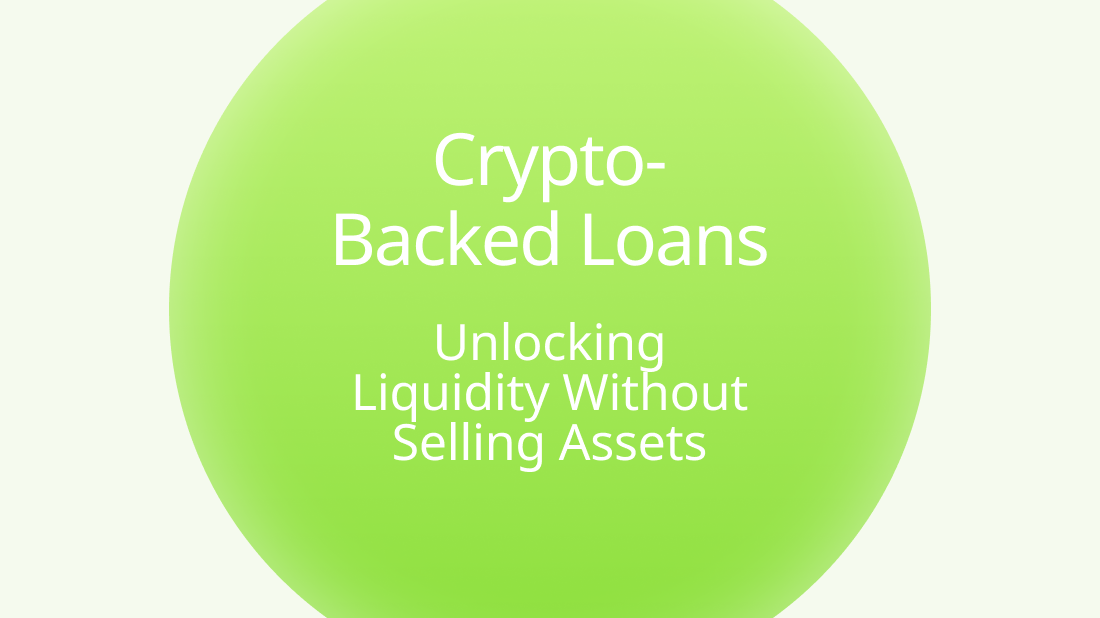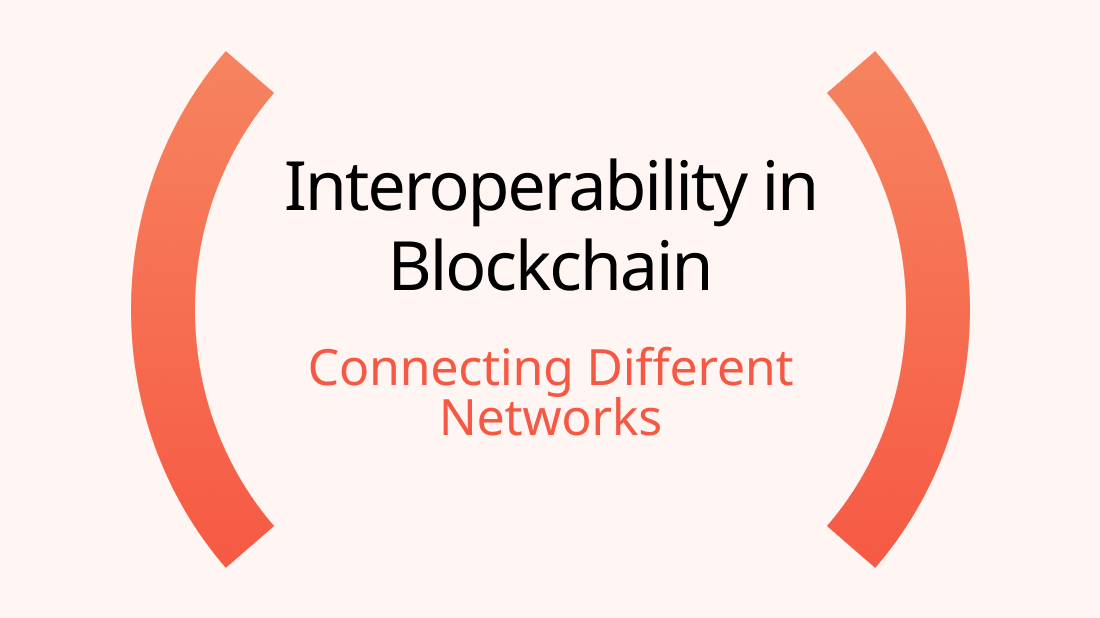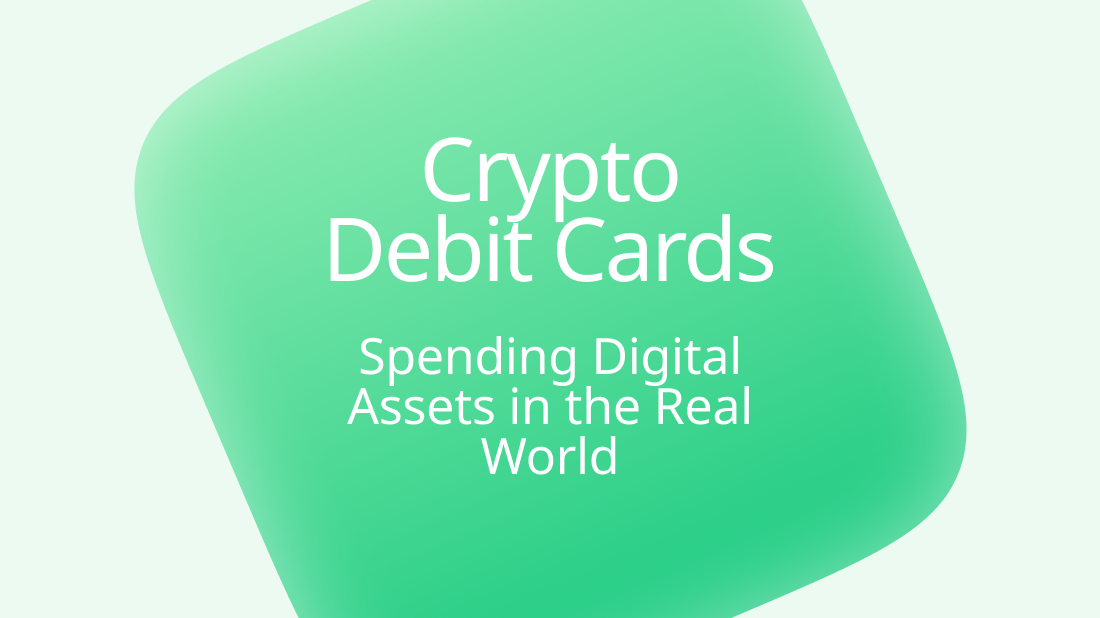Decentralized Finance (DeFi) for Business: Opportunities and Challenges

In the ever-evolving landscape of finance, the emergence of Decentralized Finance (DeFi) has sparked a paradigm shift, challenging traditional financial systems and providing businesses with new avenues for financing, lending, and other financial services. In this article, we will delve into the world of DeFi, exploring the opportunities it presents for businesses and the challenges they may encounter as they navigate this decentralized financial ecosystem.
Understanding DeFi in Crypto
What is DeFi? Decentralized Finance, or DeFi, refers to a set of financial services and applications built on blockchain technology, primarily on platforms like Ethereum. Unlike traditional finance, DeFi operates without intermediaries, such as banks or financial institutions, using smart contracts to automate and execute transactions.
Components of DeFi:
- Decentralized Exchanges (DEXs): Platforms allowing users to trade cryptocurrencies directly without the need for a centralized authority.
- Lending and Borrowing Protocols: Smart contract-based platforms enabling peer-to-peer lending and borrowing.
- Automated Market Makers (AMMs): Algorithms facilitating liquidity provision for trading pairs on DEXs.
- Stablecoins: Cryptocurrencies pegged to fiat currencies, providing stability in value for transactions.
Opportunities for Businesses in DeFi
- Enhanced Access to Financing
Businesses can leverage DeFi lending protocols to access capital without the need for traditional financial intermediaries. This provides more inclusive access to financing, particularly for startups and small enterprises.
Example: A business can collateralize its crypto assets to borrow stablecoins through DeFi lending platforms, gaining liquidity without going through a bank.
- Efficient Cross-Border Transactions
Businesses engaged in international trade can benefit from the efficiency of decentralized exchanges. DEXs enable seamless and quick cross-border transactions without the delays associated with traditional banking systems.
Example: A global e-commerce platform can use a DEX to convert cryptocurrency earnings from one country to another without the need for multiple currency conversions.
- Tokenization of Assets
Businesses can tokenize their assets, turning real-world assets into digital tokens on the blockchain. This enables fractional ownership and liquidity for traditionally illiquid assets.
Example: A real estate developer can tokenize a property, allowing investors to buy and trade fractions of the property on a decentralized platform.
- Yield Farming and Passive Income
Businesses with excess funds or reserves can explore yield farming strategies in DeFi protocols. By providing liquidity to decentralized liquidity pools, businesses can earn passive income in the form of interest or rewards.
Example: A tech company holding excess Ethereum can provide liquidity to a decentralized lending protocol and earn interest on its crypto holdings.
Challenges and Considerations for Businesses in DeFi
- Regulatory Uncertainty
The regulatory landscape for DeFi is evolving, and businesses must navigate varying regulatory frameworks globally. Compliance with local regulations and understanding potential legal implications is crucial.
- Smart Contract Risks
Smart contracts, while powerful, are not immune to bugs or vulnerabilities. Businesses engaging with DeFi protocols must thoroughly audit smart contracts to mitigate the risk of security breaches.
- Market Volatility
The cryptocurrency market is known for its price volatility. Businesses must be prepared for potential fluctuations in the value of crypto assets used in DeFi transactions.
- Technical Expertise:
Businesses need a certain level of technical expertise to navigate DeFi protocols and understand how to interact with smart contracts. This may pose a challenge for those unfamiliar with blockchain technology.
- Counterparty Risks:
While DeFi eliminates the need for traditional intermediaries, businesses must trust the decentralized platforms and protocols they engage with. Due diligence is essential to mitigate counterparty risks.
Interesting Facts About DeFi in Business
- As of 2022, the total value locked in DeFi protocols has exceeded tens of billions of dollars, indicating the substantial growth and adoption of decentralized finance.
- DeFi has the potential to provide financial services to individuals and businesses without access to traditional banking. This aligns with its mission to increase financial inclusion globally.
- The growth of DeFi has prompted traditional financial institutions to explore blockchain technology and decentralized systems to stay competitive in the evolving financial landscape.
Conclusion: Embracing the Future of Finance
Decentralized Finance presents businesses with unprecedented opportunities to redefine how they access financing, conduct transactions, and manage assets. By leveraging DeFi protocols, businesses can unlock a new era of financial possibilities that transcend borders and traditional constraints. However, as with any innovative technology, businesses must approach DeFi with a strategic mindset, understanding both the potential benefits and the challenges. Navigating the decentralized financial landscape requires a balance between embracing technological advancements and addressing regulatory and security considerations. In the grand tapestry of finance, DeFi is a bold brushstroke, reshaping the canvas of possibilities. As businesses tread into the realm of decentralized finance, they become pioneers in a financial frontier where autonomy, efficiency, and inclusivity converge. The future of finance is decentralized, and businesses venturing into the world of DeFi are not just adapting to change – they are shaping the future of financial ecosystems.












